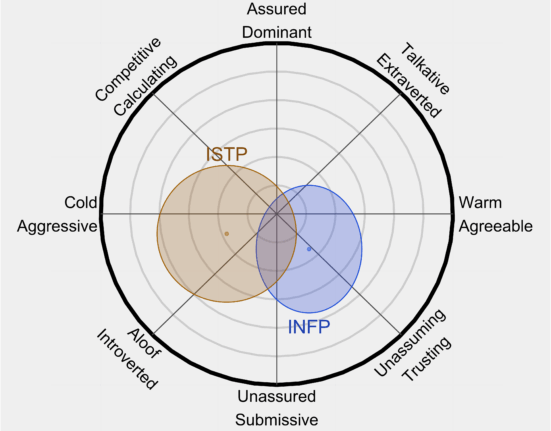A day that began with a routine return from vacation, carrying samples of frog embryos in her luggage, turned into a nightmare for Kseniia Petrova. The Russian scientist employed by Harvard Medical School found herself in the crosshairs of immigration authorities due to a simple customs oversight.
The saga unfolded when Ms. Petrova, on orders from her supervisor, transported the scientific samples from France back to Boston, where she was promptly detained at Logan Airport. The discovery of the embryos led to the immediate revocation of her visa and subsequent deportation proceedings.
Amidst this bureaucratic whirlwind, Judge Christina Reiss stepped in as a beacon of reason and compassion. In a recent court hearing at the U.S. District Court in Vermont, she unequivocally stated that there was no justifiable cause for stripping Ms. Petrova of her visa and detaining her for over three months.
The Judge’s Ruling
During the hearing, Judge Reiss emphasized that the scientific samples carried by Ms. Petrova posed no threat whatsoever – they were harmless entities crucial for research purposes. She further highlighted the absurdity of jeopardizing Ms. Petrova’s safety by contemplating deportation to Russia, where uncertainties loomed over her well-being.
A Life in Limbo
Ms. Petrova’s plight underscored a troubling trend where administrative missteps could lead to profound personal consequences. As discussions swirled around removal proceedings and deportation threats, it became evident that behind every immigration case lies a human story fraught with anxiety and uncertainty.
Expert analysts weighed in on the implications of such incidents within academic circles; they pointed out how easily regulatory processes could spiral out of control if not handled judiciously. The delicate balance between ensuring national security and upholding individual rights came sharply into focus during Ms. Petrova’s ordeal.
Academic Fallout
The incident cast a long shadow over academia, calling attention to the challenges faced by international researchers navigating complex visa regulations while pursuing their scholarly endeavors abroad. It raised pertinent questions about how scientific collaborations could be impacted by stringent immigration protocols and unforeseen legal entanglements.
As news of Judge Reiss’ ruling spread, relief washed over supporters who had rallied behind Ms. Petrova during her time of need. The decision to grant bail signaled not only a legal victory but also served as a moral compass guiding future interactions between academic institutions and immigration authorities.
In conclusion, Kseniia Petrova’s turbulent journey through America’s immigration maze shone a light on broader issues surrounding individual liberties versus state protocol – reminding us all that behind every headline lies a human face battling complexities beyond their control.








Leave feedback about this